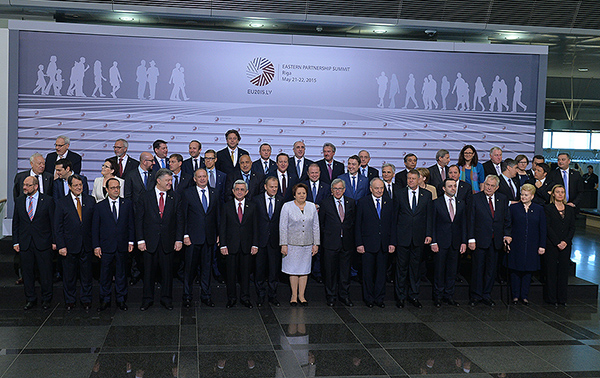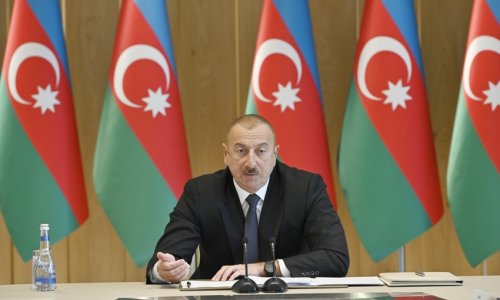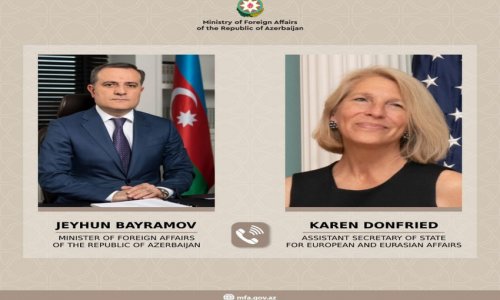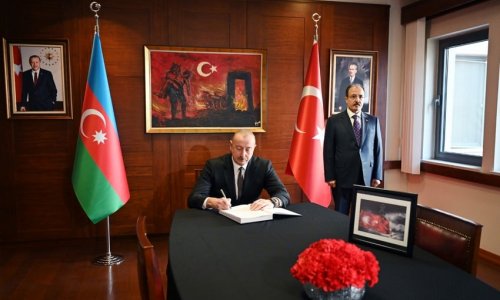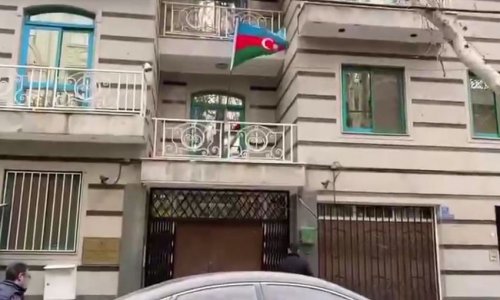Leaders of the European Union and six former Soviet republics concluded a summit in Riga on Friday by issuing a joint declaration on maintaining their "Eastern Partnership”, in spite of sharp differences on key issues among participants that threatened to upstage the event.
Disputes over wording on Russia’s annexation of Crimea and the status of Nagorno-Karabakh region in the summit’s final declaration highlighted divisions among the EU member states and the six countries the bloc has designated as its eastern partners.
European Council President Donald Tusk said at the conclusion of the two-day summit on May 22 that strong emotions surrounding the joint declaration were "very natural” because of the difficult situation in the region.
Disagreement over the wording on Crimea erupted on May 21 when Armenia and Belarus tried to block text that referred to Russia’s annexation of the peninsula from Ukraine in March 2014 as "illegal.” Armenia and Belarus have close ties to Moscow and are members of the Russia-led Eurasian Economic Union.
That dispute was later resolved in a way that enabled Armenia and Belarus to avoid using the term "illegal.” Point 4 of the final declaration states that the "EU” — not all of the summit participants — "reaffirms its position against the illegal annexation” of Crimea.
Azerbaijan nearly vetoed Friday’s joint declaration because of the wording of its references to the Nagorno-Karabakh conflict.
Azerbaijani Foreign Minister Elmar Mammadyarov, who represented his country at the summit, reportedly stormed out of its concluding session that discussed the text drafted by EU officials. News reports from the Latvian capital said Mammadyarov demanded changes relating to the Karabakh dconflict.
The 13-page declaration calls for the resolution of ethnic and territorial disputes in the former Soviet Union "on the basis of the principles and norms of international law.” It expresses "full support to the mediation efforts by the co-chairs of the Minsk Group on the Nagorno-Karabakh conflict, including at the level of [U.S., Russian and French] Presidents and their statements since 2009.”
Those statements have said that a Karabakh settlement must be based on the internationally recognized principles of territorial integrity of states, peoples’ self-determination and non-use of force.
The Azerbaijani Foreign Ministry later said it insisted that the declaration include a sentence saying that the Nagorno-Karabakh conflict should be resolved on the basis of UN Security Council resolutions adopted in 1993.
The resolutions called for immediate and unconditional withdrawal of Armenian forces from Azerbaijan's occupied territory.
www.ann.az
Follow us !

